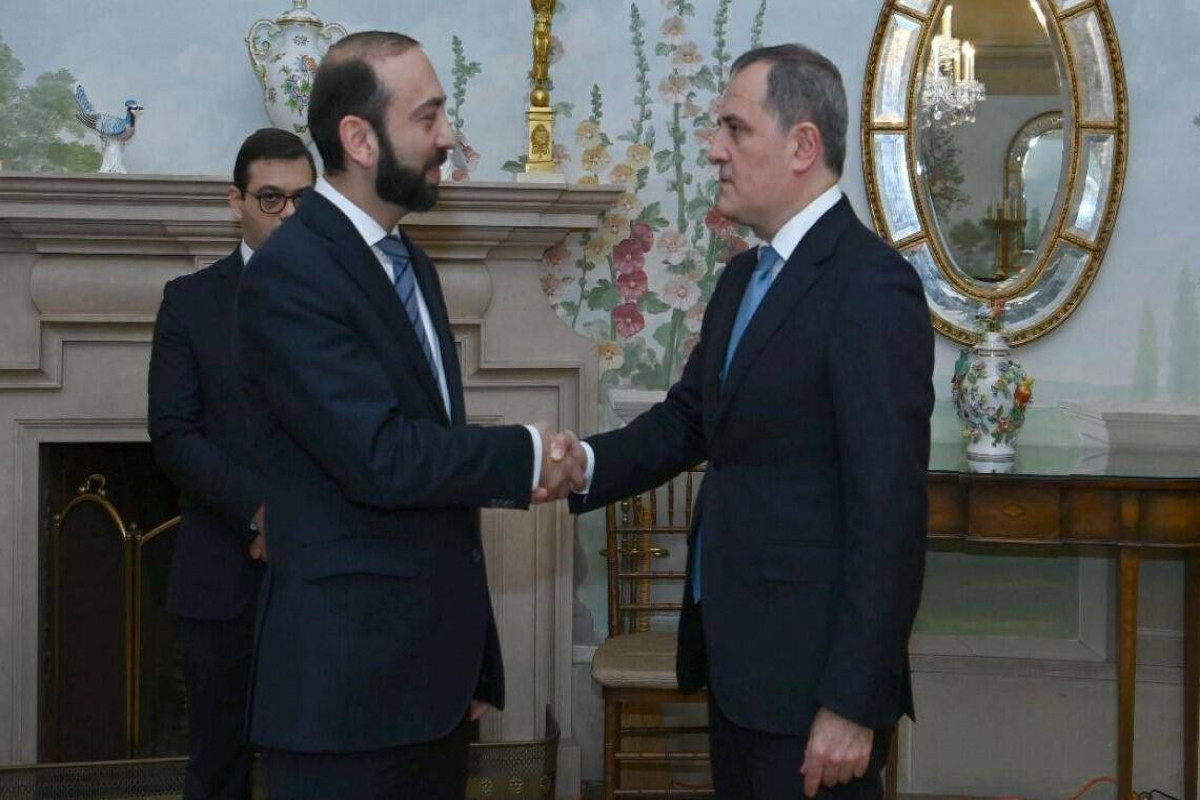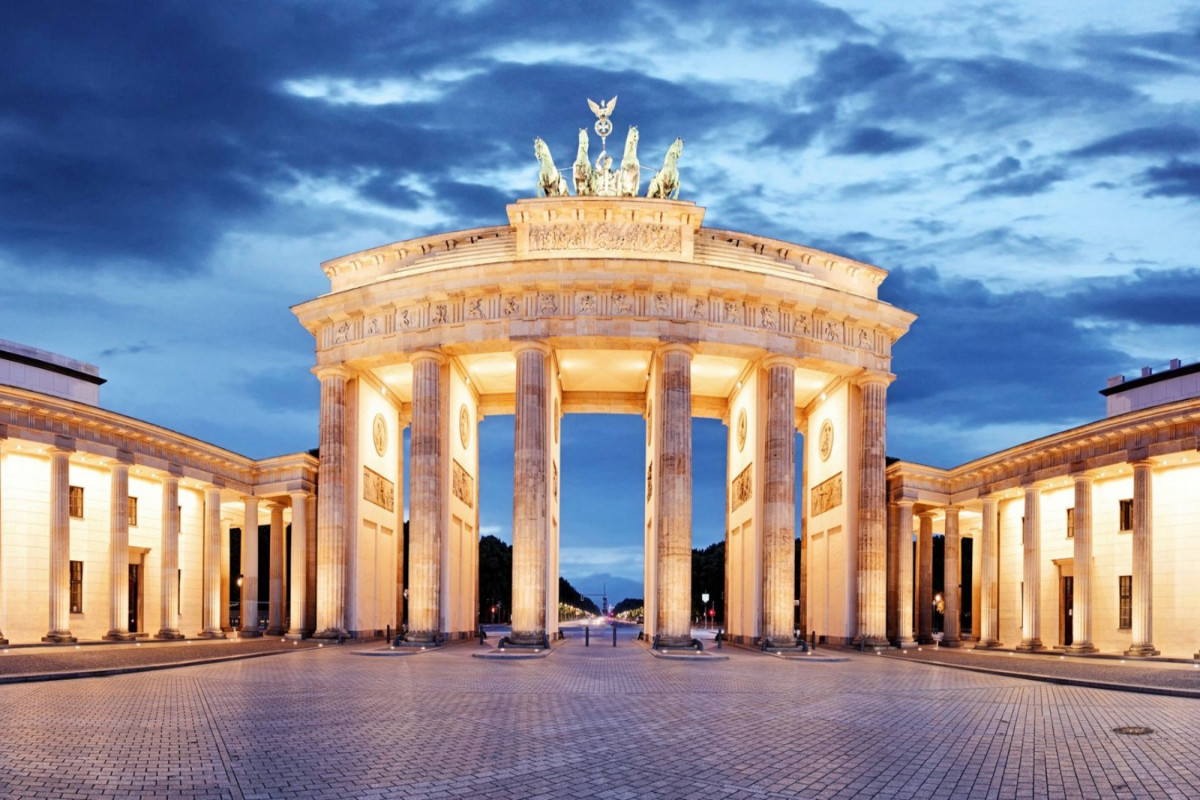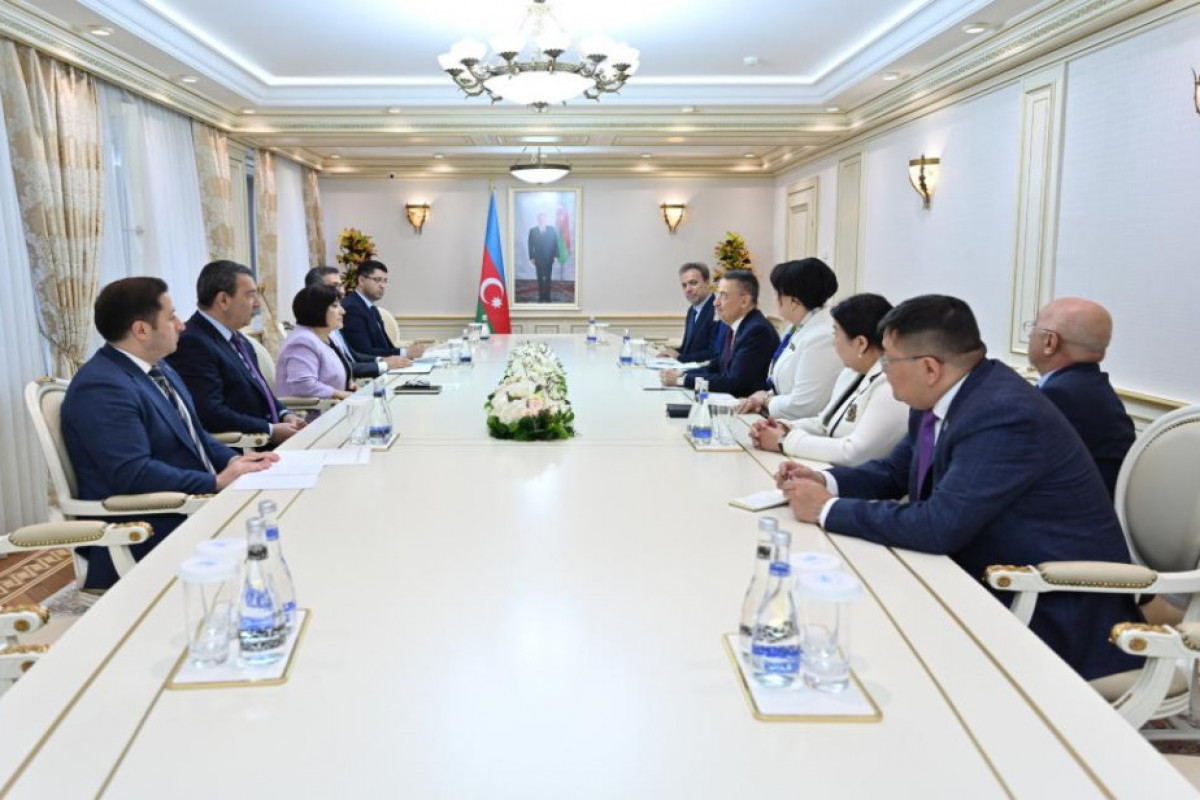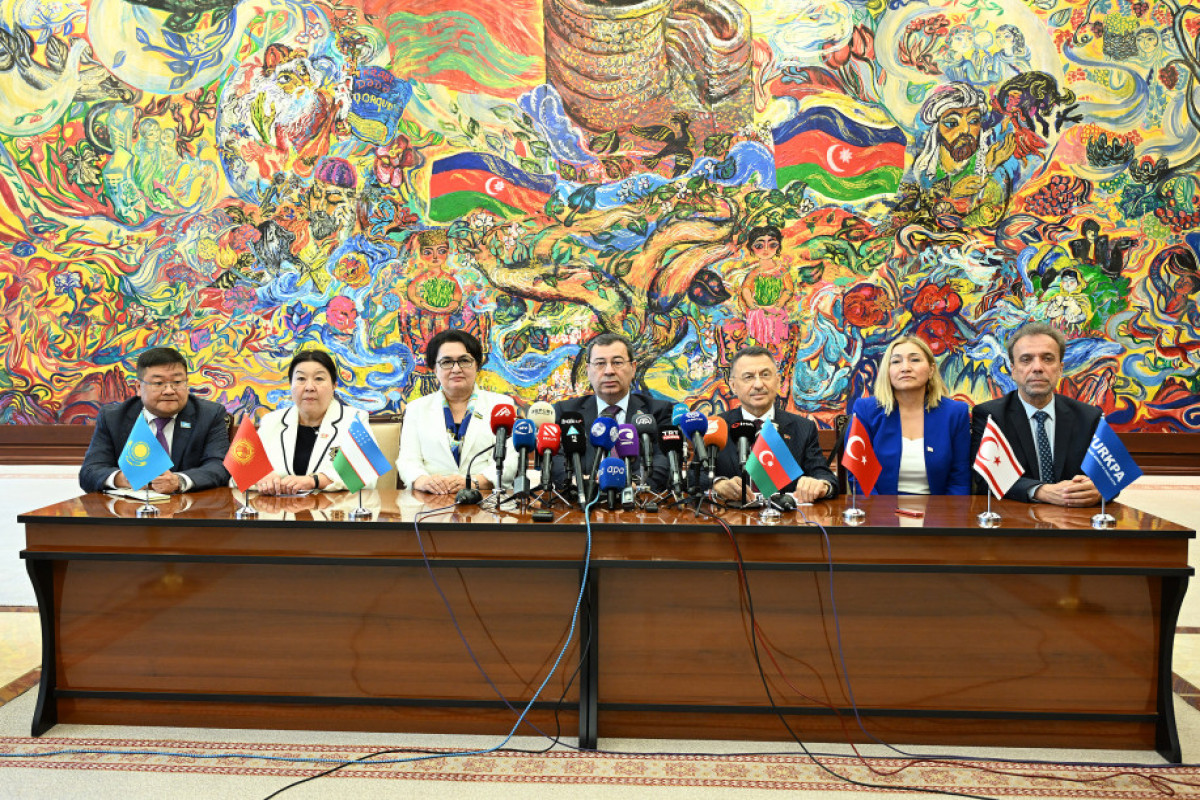Q. What is your view of the current level of relations between Romania and Azerbaijan?
A. Romania and Azerbaijan enjoy close and solid relations, founded on genuine friendship and trust. As you know, Romania was the second country to recognize the independence of Azerbaijan. Our relations moved up to a higher level in September 2009 when a Strategic Partnership was established between our two countries; this was the first such document that Azerbaijan had concluded with an EU Member State. We are approaching another landmark in June this year, when we will celebrate 25 years since the establishment of the diplomatic relations. Looking back, I think that we’ve made impressive progress in our bilateral dialogue, over these past 25 years. Looking ahead, I see great scope to further expand our cooperation: there is a lot of potential waiting to be transformed into concrete projects.
Q. What do you think of economic relations between the two countries? Azerbaijan and Romania are strategic partners. Are there any prospects for us to develop these relations further? What’s the level of cooperation in the energy sector?
A. First of all, I think that the upward trend in the bilateral trade should be seen as an evidence of the potential to which I was referring earlier. While exploiting the areas of complementarity between our economies, we need to be more active, on both sides, in seeking new opportunities in other fields. In this respect, I think that the 11 “strategic road maps for the national economy and main economic sectors” signed into law in December 2016 by the President of Azerbaijan can provide new impetus and better guidance for future bilateral projects. The drive for the diversification of the Azerbaijani economy beyond the oil and gas sector should generate additional opportunities for foreign companies, Romanian ones included, willing to trade or invest in Azerbaijan.
Second, energy is already a key part of our cooperation. We recognize and attach great importance to the role of Azerbaijan in providing answers to Europe’s energy needs. Romania sees the Southern Gas Corridor as the most consistent option to increase European energy security through the diversification of both gas sources and transport routes.
Then, Romania and Azerbaijan are strong supporters of the AGRI LNG interconnector which responds exactly to the two key points just mentioned - energy security and diversification. The AGRI project will become even more relevant if we think of the investments underway within the EU, aimed at boosting the connectivity and strengthening the European energy market. One example in this respect is the BRUA interconnector (Bulgaria-Romania-Hungary-Austria).
I would also add to that the presence of SOCAR in Romania, which is increasingly successful, and the cooperation developed by SOCAR with relevant Romanian energy operators.
Finally, I mention transports and connectivity. Azerbaijan stands at the crossroads between East and West, North and South, and has been very active in putting forward ideas and projects aiming at turning these into reality. As far as Romania is concerned, the Black Sea-Caspian Sea Freight Transport Corridor has always been a priority. This fits perfectly with the attention that Azerbaijan is paying to developing the East-West corridor, across the Caspian and running to the Black Sea shores. On the Western Black Sea shore, Constanta is the best landing point, with competitive services, extensive capacities and excellent access to the Central European markets, through the Danube. And I’m pleased to mention that Port of Constanta and the International Port of Baku are in contact on these matters.
Q. What about the bilateral relations in the cultural and educational field?
A. I have very quickly realized after arriving in Baku that Romanians and Azerbaijanis are, with respect to traditions and cultural preferences, closer than one might think. For example, if you listen to some particular Romanian music you might hear undertones of the mugham. Then, we both have traditions such as pottery or carpet weaving where the geometric motifs are strikingly similar. These common points – and many others that might not be that striking - inspire us to do more to present to the local public the culture of my country. Recently, on the 1st of March, we have showcased in Baku the Romanian tradition of MărÈ›iÈ™or, which is an expression of the ancestral expectations for rejuvenation and renewal at the arrival of spring – not unlike the Novruz traditions. In April we have opened a photo exhibition presenting some of the most renowned works of the world famous sculptor Constantin BrâncuÈ™i (Konstantin Brankuzi).
In the academic field, we are happy to notice the growing interest in Azerbaijan for the opportunities to study in Romania. The Azerbaijani students can benefit every year of scholarships provided by the Ministry of Education of Romania. There are also more and more universities exchanging students or teachers through the EU-funded Erasmus+ programme. We are working closely with our Azerbaijani partners to further expand the links in this field and I am very confident that our joint efforts would be fruitful.
Q. Azerbaijan and the EU have recently launched negotiations on a new agreement. What are the prospects of cooperation between the EU and Azerbaijan?
A. The new Agreement will impact all areas of cooperation between Azerbaijan and the EU and will help further deepen and broaden this relationship. This upgrade of the legal framework both reflects and responds to a reality - the strengthening of the links between Azerbaijan and the Union. The EU is already the largest trade partner of Azerbaijan, important European companies are operating today in Azerbaijan and the people-to-people contacts are expanding. Romania has always been a strong supporter of an ever closer and broader EU-Azerbaijani relationship. As negotiations on the new Agreement are unfolding, I think that we should set, on both sides, targets as ambitious as possible. This would help drafting a comprehensive, forward-looking text, setting the proper framework for a cooperation - between EU and Azerbaijan – which holds great promise and prospects.
Q. What is Romania’s position on the settlement of the Armenia-Azerbaijan Nagorno-Karabakh conflict?
A. Our position on Nagorno-Karabakh has always been clear and consistent, in keeping with our assessment of all protracted conflicts in the CIS area. These conflicts seriously hinder the stability and the sustainable development of the countries directly affected. Romania supports a peaceful, negotiated and comprehensive solution to the Nagorno-Karabakh issue, in full respect of the principles and norms of the international law. At the same time, Romania continues to support the OSCE Minsk Group as the format for finding such a long-lasting solution.






